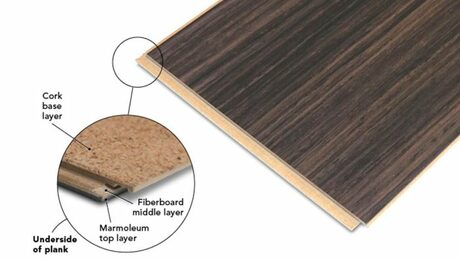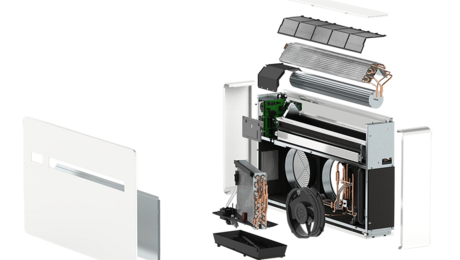Lithium plastic batteries
I watched a show on NOVA called “The Search for the Super Battery” and a company called Ionic Materials has developed a lithium battery with a plastic electrolyte instead of a liquid one (which will eliminate the danger of explosion and fire).
https://www.imdb.com/title/tt6494720/
Has anyone seen anything else about this?
GBA Detail Library
A collection of one thousand construction details organized by climate and house part









Replies
Scott,
There are lots of ideas out there for solid state batteries and other formulations. R&D Magazine seems to have new, promising technologies almost every day. I’m not sure if Ionic is ready for prime time or simply shopping for investors.
There must be some viability to their format since it was selected for the NOVA program. From the demonstration and explanation of the plastic electrolyte their design seemed to solve the basic problem of creating a lithium battery that was light weight, would work at room temperature, was explosion and fire safe and allowed a high energy density.
If lithium Ion batteries can come to market (with all their inherent flaws) why couldn't this battery technology?
I saw the program, the cell looks like a great idea.
There were a few unasked questions.
1 How many recharge cycle’s will this battery take before failure compared to current cells?
2 How does this cells storage capacity compared to current cells? Watt hours per pound? Watt hours per cubic inch?
3 What happens to the damaged cell if it gets wet?
4 We must assume this cell is under patent. Will consumers be willing to pay a premium for a safer battery?
I don't know the specifics about the battery but I suspect that the energy storage capacity will be much higher since a solid electrolyte can transfer more energy than a liquid.
http://ionicmaterials.com/the-solution/
https://www.youtube.com/watch?v=m9-cNNYb1Ik
According to Bill Joy, Ionic technology also could be used to create a rechargeable alkaline battery. (Joy is an investor and member of the company's board.)
"The Ionic Materials investor envisions three ultimate applications for the polymer technology: consumer electronics, automotive and the power grid. But Joy acknowledged that the technology isn’t quite ready for prime-time. It has yet to be commercialised, and factories are needed to manufacture it. It could be ready for wider use within five years, he said."
Read more at https://www.thestar.com.my/tech/tech-news/2017/08/07/tech-guru-bill-joy-unveils-battery-to-challenge-lithium-ion/#Gc6fUpuv1cizRElI.99
Steve, the commercialization aspect has yet to happen but is the battery technology sound? How large a battery have they built? Will they be building batteries for off grid solar applications? If the battery can power a car then it should be capable of powering a small home.
Have any of the electric car companies invested in this development yet?
Rest assured that if a new technology in battery storage is better than existing technology, it'll be in widespread use as fast as testing/certifications/production can happen. They finished a round of financing in February to further R&D, so the technology isn't ready for commercial application.
In my mind, there are always going to be half a dozen promising (potentially world changing) technologies in the energy industry. In 2013, there was a TED talk promising liquid metal batteries being a year away from massive grid level storage. Then, they didn't work as well as it appeared during testing. So they are around, but rare.
Give it time. Could be the next revolution, or may turn out to have limitations that limit application.
Scott,
I'm not a battery expert, but I don't think lithium polymer batteries are currently being used in large automotive stacks. I recall reading that a European automaker was considering this type of power source but had to switch to lithium ion because the solid state battery could not get beyond the development stage. While there are lots of "pouch" batteries on the web, they all seem to be limited to storing a few volts. Redflow does a zinc bromide battery that looks interesting, but it is still an expensive way to store power.